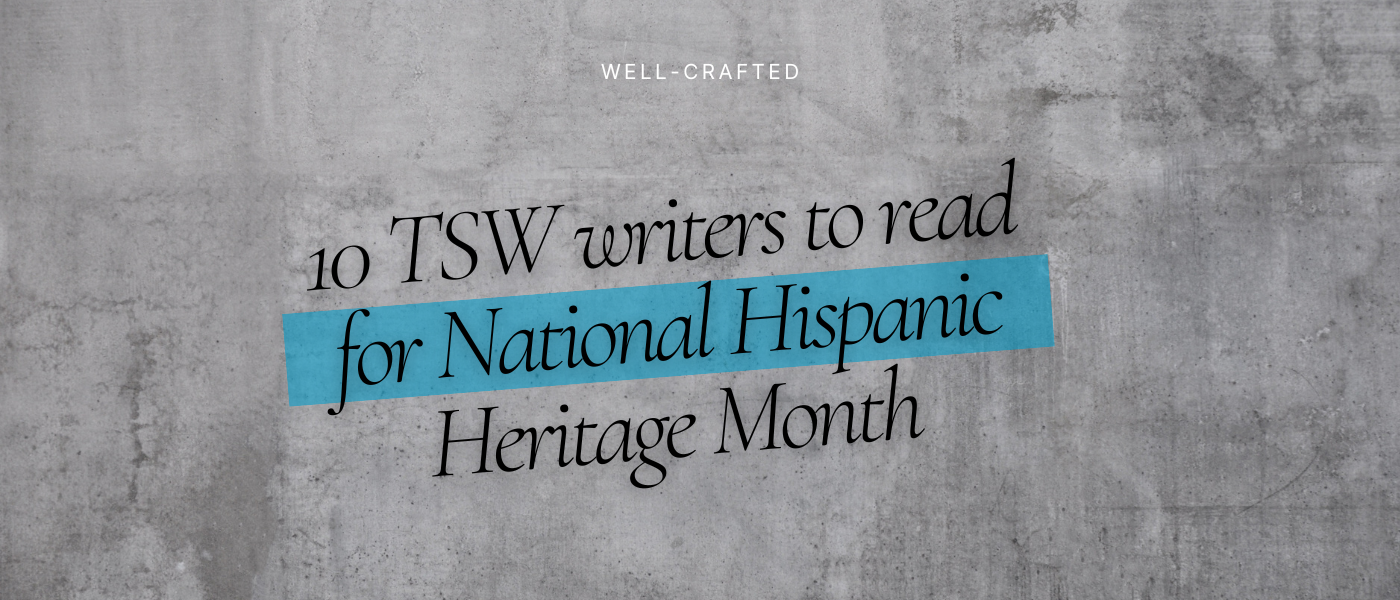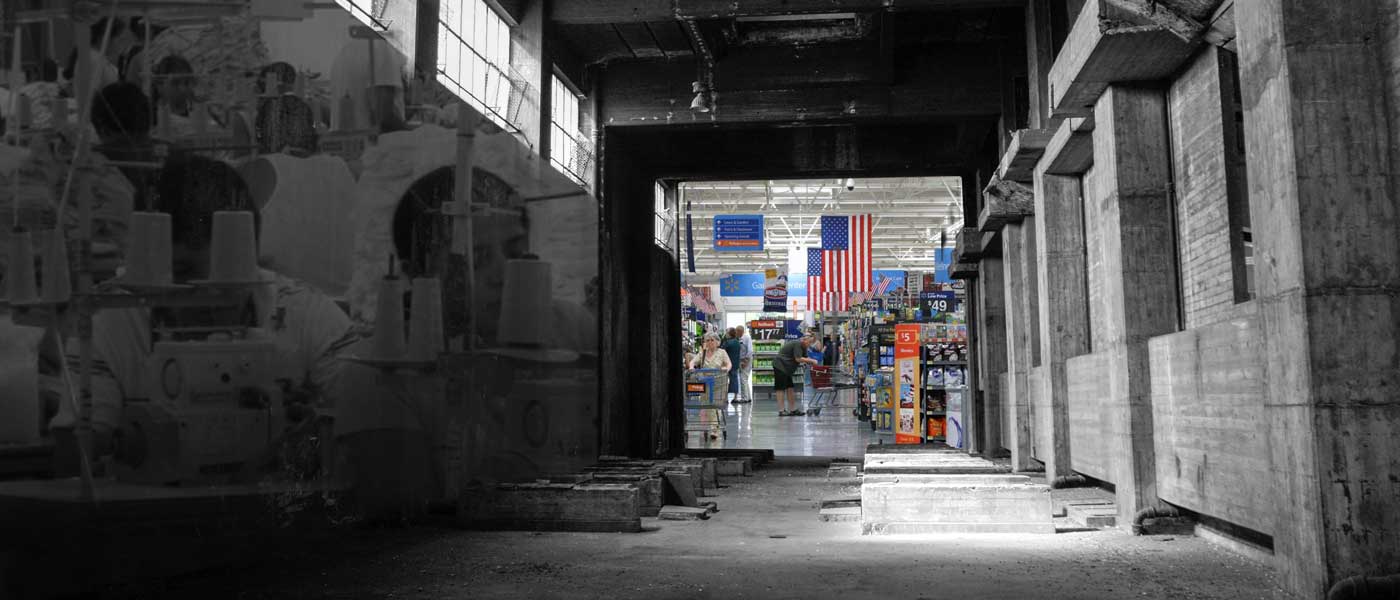On October 1, 2023, Coffee House Press began its open submissions period for fiction and nonfiction manuscripts at 9 a.m. They closed their submissions window at 9:03 a.m. on the same day, having reached their Submittable-imposed manuscript limit of 200 manuscripts. If, like me, you haven’t kept up with Submittable’s latest functionalities, not only is the number of submissions a press or journal can receive priced out at different tiers, but the platform also allows the tech savviest of writers to write a cover letter and auto-submit to a contest or opportunity when it opens. As one friend who managed to successfully submit said about the process, “It was so depressing. Submittable made me confirm my email address out of nowhere and that was that.”
Submittable began as a means of streamlining the overwhelming mass of online literary journal submission periods in the early 2010s. But in recent years it has morphed into an arms race between literary journals and early-career writers hungry for their first bylines, pitting publishers and writers against one another as they both struggle with unwieldy processes and numbers of potential opportunities. The Coffee House Press submissions period is by no means the only example. The Poetry Society of New York recently hosted a 24-hour submissions period, as did Wonder Press. Maybe you got lucky and saw the announcement that Yale Review had an open submission period for one week, during which time you could receive an exclusive offer to pay $72 for a 3-year subscription to the magazine. And last year, after Poetry Northwest received some flak, it offered a mea culpa: “We heard you. Our increasingly brief submission periods were inaccessible, inequitable, and stressful. We are doing away with that system. In November, we will remain open all month, to everyone.” Their current call on their website, however, states that they will remain open for the month of April, “until whichever comes first: 4/30/2024 11:59pm PT or the meeting of a generous, internal cap,” which is not specified. “Open submission periods” are a bandaid used by small to midsize publishers as an “opportunity” for unagented, unsolicited writers to send their manuscripts to the press of their dreams to be considered for publication. In theory, this is how presses level the playing field and diversify their lists to include more marginalized and working class writers, writers of color, and others who have been excluded from the who-knows-who in publishing. The intention is noble and necessary; recall the study published in 2020 that more than 95% of fiction books published in the U.S. between 1950 and 2018 were authored by white writers. In practice, however, it’s resulted in a slush pile on steroids in the internet age, discourages writers from submitting, reinforces the scarcity mentality, and turns submissions into a numbers game versus focusing on quality of content. With barriers of internet access, cost, and speed — not to mention time zones throughout the world — to call any of this process “open” is laughable at best.
I have skin in this game. Since 2019, I’ve been the publisher of a unique literary journal with a predetermined expiration date: smoke and mold will publish through 2031, at which point we will cease publication and focus on preserving and sharing our archive. We don’t use Submittable — writers are invited to email us and establish a relationship — and we’re not a 501c3, a nonprofit designation sought by many small presses today so as to receive tax-deductible donations from individuals and granting agencies. We chose 2031 in alignment with the Intergovernmental Panel on Climate Change’s estimate of the time in which humanity needs to reverse our carbon emissions to avoid the worst disasters of climate change. Since then, the IPCC and others have determined this to be overly optimistic, but we’ve stuck with the date.
We could have taken anthropogenic disaster as an excuse to abandon our plans for an expiration date. We could have looked around and said “You know what? This bleeding world needs the stories of trans, Two-Spirit, and nonbinary writers for longer than twelve years.” But getting rid of our predestined expiration date and assimilating into the world of legacy presses, would have meant missing out on a number of insights available to us only when the knowledge of a publication’s closure is unavoidable.
Working to further a publication which I know will expire has illuminated a number of temporal publishing principles which have become my yardstick for ethical publishing. It is easy to say phrases like “legacy publishers,” but harder to say why, exactly, that is a bad thing or why it leads to situations like three-minute submission windows and sprawling monopolies operating imprints that feed into misinformation wormholes of the far right. Whether it’s a small press, a journal, or even a small book distribution company, care and attention to literary means of production and the surrounding relationships involved deserves to be centered in conversations around literary production just as much as prize buzz, and can arguably tell us more about the state we’re in.
When a person or a creature dies, when it is suddenly no longer there, new understanding is possible. The great promise of our life is death, and the negation of being is nonbeing, which is still something we can be. Think about a whale fall, when the carcass of a great cetacean drops to the ocean floor where it serves as a crucial source of nourishment for sea creatures of all shapes and sizes. Without that nutrient cycling, life in the ocean would be impoverished.
It’s become commonplace to hear the phrase “publishing ecosystem,” but it’s been a long time since any sort of nutrient cycling has taken place in publishing. In an ecosystem, you do not have profit and nonprofit players; in fact, the very idea of profit is foreign to an ecosystem, which is a system of relationships powered by nutrient cycles and energy flows. The whale digests the krill, which consumed the plankton which consumed the light; the whale’s fallen body delivers energy and food to the seafloor, that hidden place where life on this planet began in darkness.
In the absence of death, there are certain qualities of humanity which we would be quick to shed. Without an end date in sight, the stakes are just different. The notion that every interaction matters, that each relationship has precious nonmonetary value, that there is something to be gained from an exchange even if there isn’t a profitable book on the line — a friend, a story, the voice of a political prisoner heard. The possibility of not existing is one of the things that makes us thoughtfully consider our actions and what we’ll do with this life, how we will treat others. In this sense, the ghost of our own death haunts us in life.
When a company exists in perpetuity, the nonbeing promise of its being is denied. It will never become a ghost. While the people who occupy positions of power in publishing do expire, the corporation does not; it shambles on, granted increasingly person-like rights by business-friendly courts and acquiring competitors I hope to use this three-part column to explore the question of whether traditional publishing can be classified as alive anymore. This isn’t a handwringing about AI, because there hasn’t been anyone home there for a long time. The gate has long since been automated. Italo Calvino wrote that “[l]literature is one of society’s instruments of self awareness.” This is only as true as the consciousness of our publishers, if they are aware that their conditions of operation are the very thing that imperils the possibility of a literature of the future. And that this bind then, in turn, hamstrings our creativity.
The three-minute submission window is only a microcosm of issues in publishing more broadly. Gatekeeping is often framed in martial language as the standard bearers who guard the castle of publication and prestige, but I’m not sure anymore whether or not the present model of legacy publishers is something worth gaining access to, and if in the long term, this framing doesn’t erode confidence in literary community as a whole. It becomes less about gaining access to the resources and platforms behind the gates and more about realizing that the sea change we want can’t be sequestered behind a gate in the first place. I’m interested in the alternatives; who are the independent culture bearers out there relationship building and sharing processes and knowledge?
One final thing I’ve learned as a publisher: Power loves to praise courage and bravery. This is what large companies posing as publishers will often cite as the importance of small presses and journals — that they “bravely” publish work on the vanguard, work that takes courage to publish when no one else will. But in my experience so far, courage and bravery are not the driving force behind publishing. The most important quality is a distaste for power. This, I think, more than any other conviction, is what keeps me publishing work that locates itself against colonial power structures, against empire and inequality everywhere. The desire to communicate that we can get so much more accomplished, have so much more, if we disdain power and instead proceed together.




